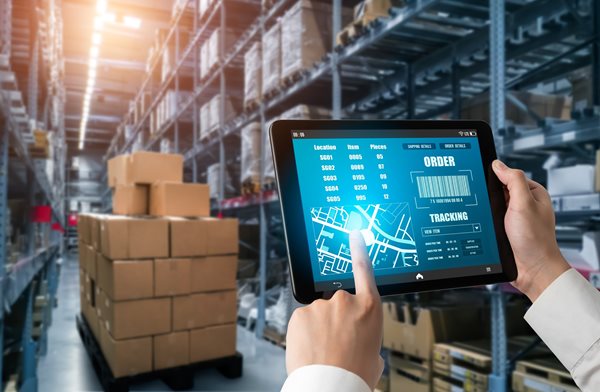Does Better Information Curb Customs Fraud?
Customs fraud is a significant concern for businesses engaged in international trade, costing the UK economy billions of pounds annually. As the country navigates the complexities of post-Brexit trade regulations, the need for effective measures to combat customs fraud has become more pressing than ever. One solution that holds promise is the utilisation of better information systems and technologies. By leveraging advanced data analytics, real-time monitoring, and enhanced collaboration among stakeholders, businesses can mitigate the risks associated with customs fraud and foster a more secure trading environment.
Customs fraud encompasses a range of illicit activities, including under-declaration of goods, misclassification, undervaluation, and smuggling. These practices not only undermine the integrity of the customs process but also pose significant financial and reputational risks for businesses. Fraudulent activities can result in lost revenues, disrupted supply chains, legal penalties, and damage to brand reputation. Moreover, in the post-Brexit landscape, where new trade agreements and regulatory frameworks are still being established, the vulnerabilities to customs fraud have been amplified.
Better information lies at the heart of effective fraud prevention strategies. By harnessing the power of data and technology, businesses can enhance their ability to detect and deter fraudulent activities at various stages of the supply chain. Advanced data analytics can identify patterns, anomalies, and discrepancies in trade data, flagging potential instances of fraud for further investigation. Real-time monitoring systems enable businesses to track the movement of goods and ensure compliance with customs regulations, reducing the likelihood of illicit activities going undetected.

Furthermore, collaboration among stakeholders is essential for combating customs fraud effectively. By sharing information and intelligence with customs authorities, law enforcement agencies, and industry partners, businesses can strengthen their collective efforts to identify and disrupt fraudulent schemes. Enhanced cooperation facilitates faster response times, improves risk assessment capabilities, and fosters a culture of transparency and accountability within the business community.
To leverage the full potential of better information in curbing customs fraud, businesses must invest in the right technology and provide training to personnel. Implementing robust data management systems, blockchain technology, and AI-powered analytics platforms can automate compliance processes, enhance data accuracy, and provide greater visibility into supply chain operations. Additionally, training employees on the importance of customs compliance, fraud detection techniques, and reporting procedures is crucial for building a vigilant and knowledgeable workforce.

While businesses play a central role in combatting customs fraud, government support and regulatory frameworks are also essential components of a comprehensive strategy. Governments can invest in infrastructure, resources, and technology infrastructure to strengthen customs enforcement capabilities. They can also enact legislation and regulatory reforms to deter fraudulent activities, impose stiff penalties on offenders, and streamline cooperation among relevant agencies.
In conclusion, better information holds immense potential for curbing customs fraud and promoting a more secure and efficient trading environment for UK businesses. By leveraging advanced data analytics, real-time monitoring, and enhanced collaboration, businesses can mitigate the risks associated with fraudulent activities and protect their interests in the global marketplace. However, achieving meaningful progress requires a concerted effort from all stakeholders, including businesses, government agencies, and industry partners. Together, we can build a resilient and fraud-resistant customs ecosystem that supports economic growth, fosters trust, and upholds the integrity of international trade.
Written and researched by Sejal Singh, Former LCCI International Business Researcher and Assistant.

